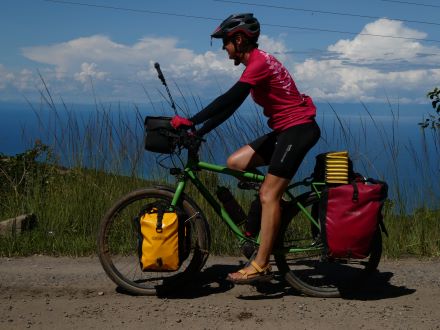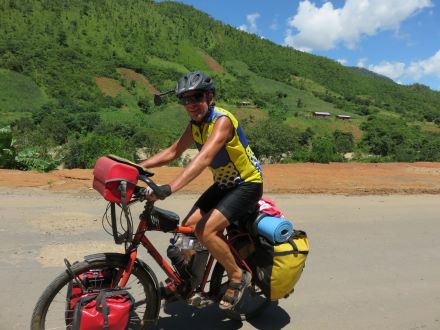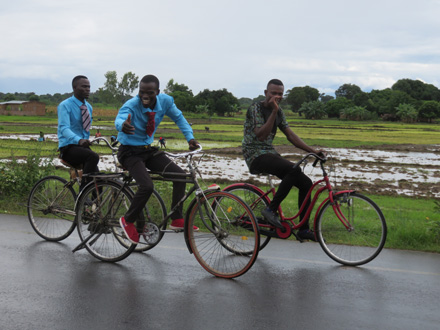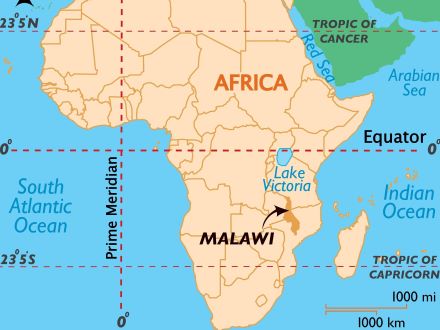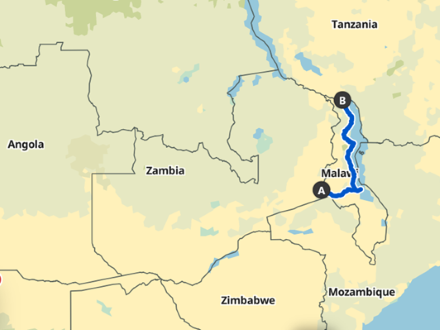
Cycling Malawi will get you in and out of your comfort zone often. Holidays at the beautiful lake shore, quiet roads through the hills, a high population density and extreme poverty are all factors that make your mood go on a roller coaster ride.
Mchinji (border with Zambia) – Lilongwe – Selima – Nkhotakota – Nkhata Bay – Mzuzu – Rhumpi – Chitimba – Songwe (Border with Tanzania)
955 km cycled
March 12 – April 1, 2023
Watch the video!
Visa Procedure
Malawi’s e-visa, introduced to facilitate tourism, is a cumbersome, time-consuming and frustrating process. Having spent hours on the procedure and transferred our 50 US$/person, the whole electronic purpose was defeated when the border official required a visa hard copy printout so that he had something to file away for posterity. Alas, the Mozambique VIP treatment was not on offer, and we were escorted across the border and through the bustling market to a tiny little cramped shop where we were charged no less than 2 US$ per page for their inferior black/white copies. A little steep to say the least considering 70% of the population live on less than 2.15 US$ per day.


First impressions
Once across the border, the Howareyou chant of Zambia changed to Mzungu (white person) and then to Givememoney. Of course, there were variations: Givemephone, Givemepen, Givemebook, Givemebicycle, givememe. But the taunting melody lingered, and was often accompanied by sophisticated gestures to assist our comprehension. Is this what is meant by the warm heart of Africa?
With a population density of 145 people/km2, this has been the most densely populated country on the trip so far. Zambia’s in comparison is 21/km2 and Botswana’s 3.8! To put this into perspective, Ireland’s population density is 72/km2 and Switzerland’s is 219/km2! The difference is that in Malawi, everyone wants to greet the Mzungu, and at any one time there could dozens of people flocked around the bicycle. It was a serious shock to the system!
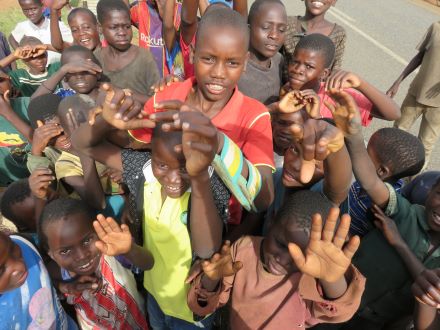


Kurt’s 100 celebration!
Malawi was a special country for Kurt as it marked his 100th country visited! As we cycled along, he was fantasising about how this milestone should be celebrated, but it was clear, we were not going to make the 140km into town that day. As luck would have it torrential downpours after 90km sent us scrambling into the only rest house for miles around. Now, a prison cell would have been cleaner, but the inmates probably wouldn’t have received the room service we did: a packed condom under the pillow!
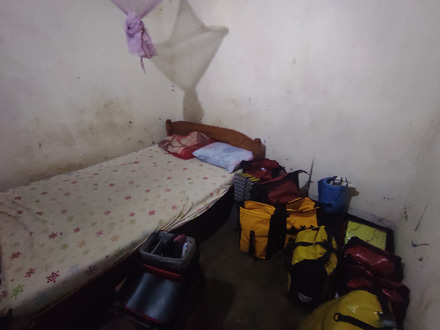

Ravenous, we ventured out in the rain and were led through the market in the pitch dark to the only restaurant in the village. Lo and behold, we landed in a traditional Malawian tea house where steaming sweet milk tea was served in a plastic tumbler placed in a bowl designed for dipping the deliciously fresh bread that completed the experience. Now, it wasn’t a T-bone steak with roquefort sauce, but the novelty factor shall ensure that Kurt will never forget how he marked this significant event!
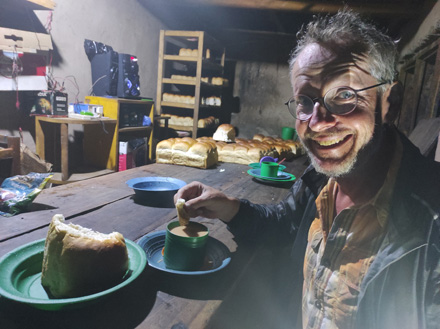
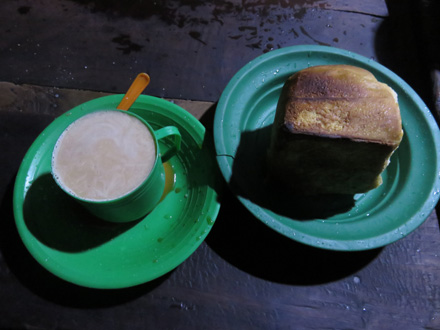
Cyclone Freddy
The worst cyclone to ever hit the region was in full destruction mode during our first few days in Malawi. It claimed over 500 lives and washed away the homes of over 500,000 survivors. Luckily, we were 250km north of the worst-hit area, and got away lightly with a few tremendous downpours, countless muddy experiences, and no power for a few days. The cyclone hovered around the Indian Ocean for over five weeks, making it the longest-lasting tropical cyclone ever recorded worldwide.

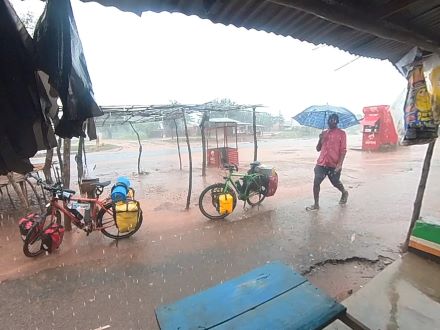
Local cultural traditions
Malawi’s population of 20 million comprises of ten major ethnic groups. The biggest tribe is the Chewa, based in the central region, where we started our tour of the country. Not long into the ride, Darina was approached by a few masked lads performing all sorts of girations on the road in front of her. These masked dancers are part of a secret society who communicate with the dead, and often perform at funerals, initiation ceremonies and local village celebrations.
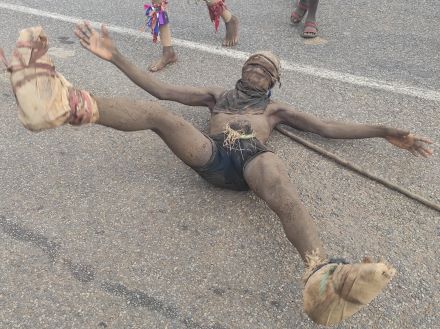
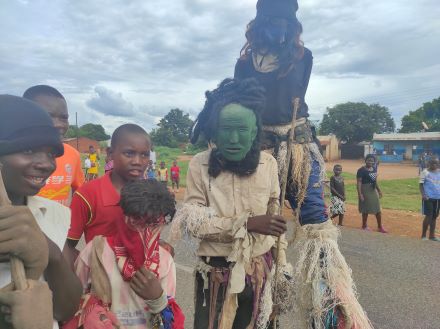
Irish in Malawi
While exploring the market in Salima and snapping the neat onion arrangements, a young vendor asked Darina if she didn’t want to “photograph the Irish”. You wouldn’t belive it, but all (white) potatoes in Malawi are called “Irish” to distinguish them from the sweet orange variety!
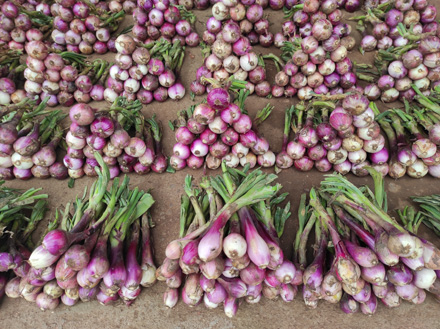
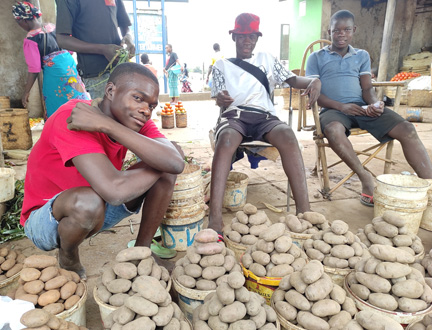
Actually, Salima market was a real happening place and everyone was up for a chat. What’s more, we didn’t hear Give me once the whole time we were there. It was refreshing!
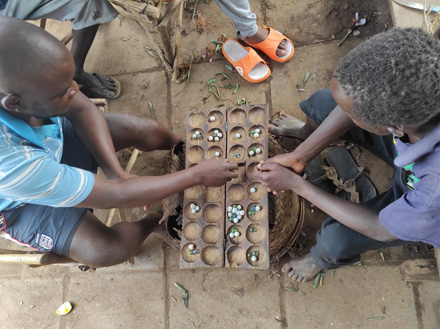
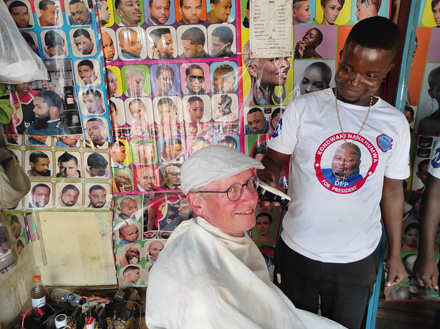
Speaking of Irish, while wandering through a supermarket in Lilongwe, Kurt spotted “Darina” in all the fruity flavours you have ever dreamt of! Wondering how many calories a fruit-drink holds? Darina gives you a guilt-free solution. This 0% fat, 0% sugar instant powdered drink will supply you with your daily Vitamin C requirements in a healthy formula. And where is it produced? The Lebanon, no less! Now, if that’s not globalisation!
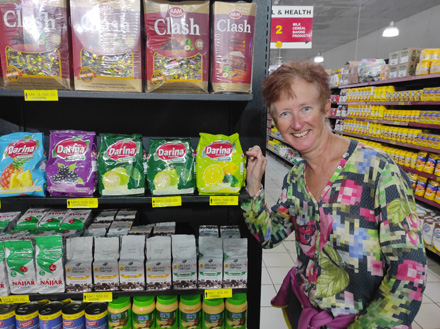
The Calendar Lake
Measuring 365 miles long and 52 miles at its widest point, Lake Malawi is often referred to as “the Calendar Lake”. Located in the Western Rift Valley, it is one of the deepest lakes in the world and contributes to the livelihood of millions of people living near its shores. It also happens to be a wonderfully scenic place to while away some time!

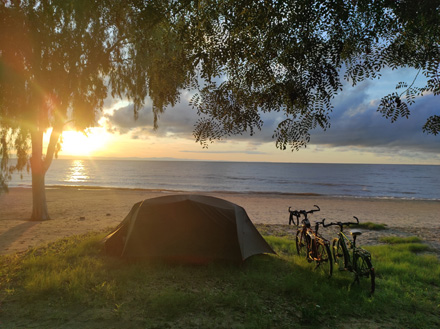

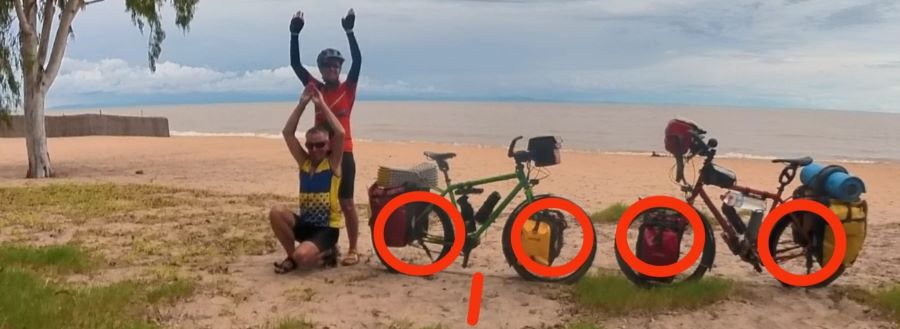
Fishing in Malawi
Fishing in Malawi is done in small scale operations. Since the western side is mostly shallow, nets are brought out by small boats and pulled in from the shore. The bigger nets are for the grownups, while the smaller ones keep the boys from going to school. Now, there is a lovely fish, Chiambo, from the deeper side of the lake, and a sizeable catfish from closer to the shore. But mostly it’s just small fry to be dried and added to dishes for flavour.



Agriculture along the lake
Like in the whole of Malawi, agriculture is mainly subsistence farming of staples such as maize, cassava, sweet and Irish potatoes and rice. What makes the shoreline special is that there should be enough water when the rain fails. Well, there isn’t. No pumps (expense of electricity and diesel) and no dams for irrigation are used. Going hungry is the traditional way of dealing with a drought. And cycling through Malawi in the “hungry season”, just before harvest, in a year when the rainy season wasn’t up to scratch, is a real eye-opener. The locals have to make do with one meal a day and accept that that’s just how it is.
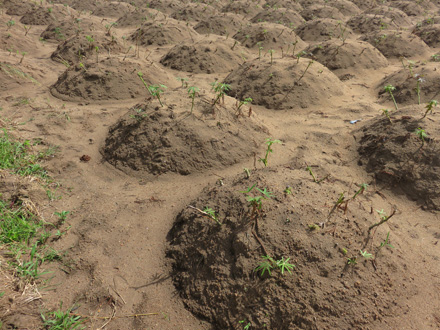
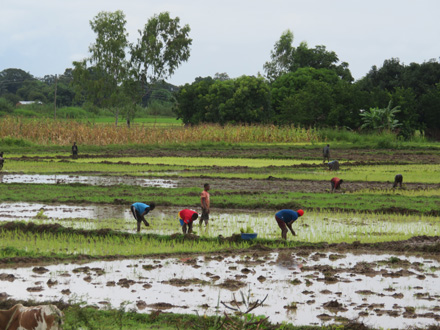
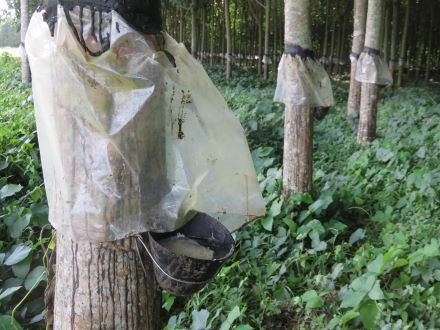
The Highlands
While Lake Malawi is very scenic, what we enjoyed even more was our ride through the highlands where red earth dirt tracks lead through tobacco farms, and where cultivated terraces reach the skies utilising every square metre of land.
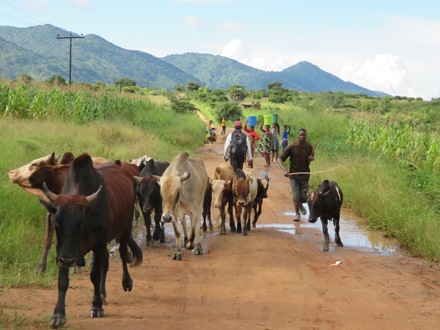
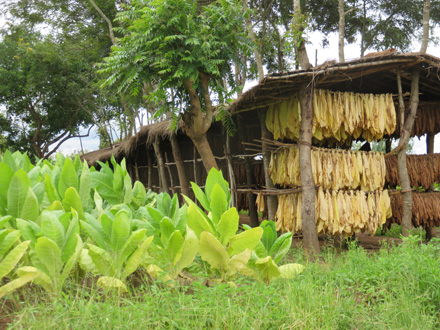


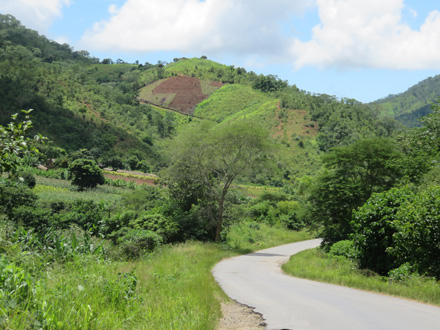
Development Aid
When Malawi gained independence in 1964 after some 70 years as a British protectorate, the Malawians were happy, smiley and hungry. Billions of dollars of foreign aid have flooded in since and unfortunately, nothing has changed. People are still happy, smiley and hungry, but in the meantime they have learned that white man regularly shows up to donate money. Consequently, they have a chance of winning the jackpot if they just yell Muzungu, give me money! Can you blame them? The old adage of giving a fish or teaching how to fish seems to be dead and buried in a lot of foreign aid projects, and it doesn’t take any genius to figure out what the sustainable solution is.
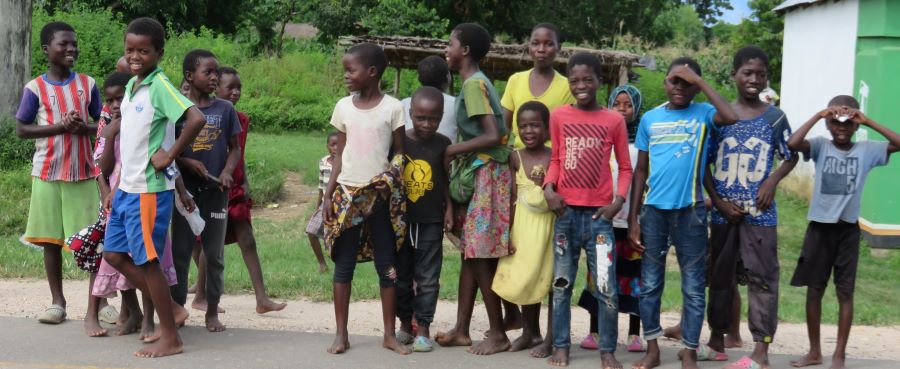
Cattle mart
We happened to be in the area when the monthly cattle mart was taking place in Ngara. Being the hungry season, there wasn’t a lot of buying and selling going on. You could buy a three-year-old animal for around 350 Euros with more ribs than meat to spare. Farmers were at their wit’s end as their wives and children were waiting at home hungry, school fees were due and there were no takers for their animals. Perhaps next month…
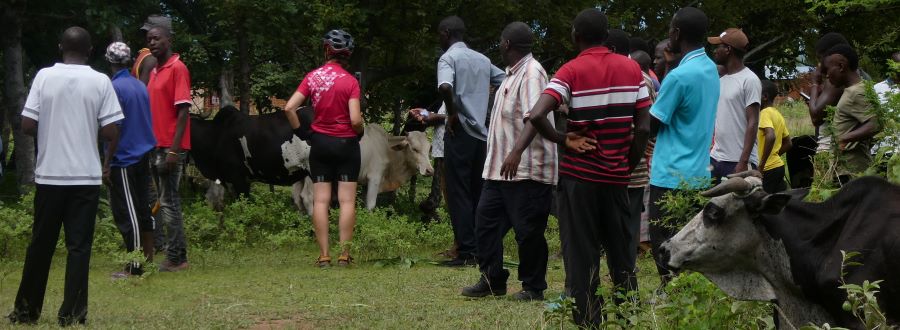
Travellers
On this stretch we met Ashey (@water991213) from China biking from South Africa to Europe, and Brieuc (@brieuc_la_savane) from France cycling from Nairobi to Cape Town.

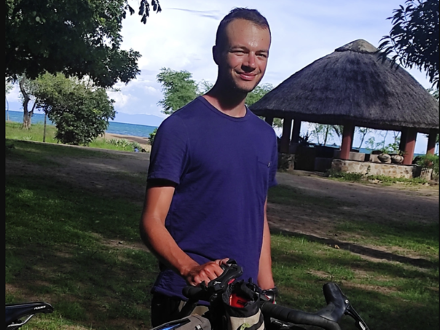
Accommodation
While we enjoyed camping at the lake, we did have some beautiful rooms in Malawi, including an upgrade from camping to a family room because of the rain! A simple room with outside squatting toilet cost about 3 or 4 Euros, while a room at a resort could set you back anything up to about 50 Euros. Camping at an official site on the lake generally cost between 5 and 10 € per person.
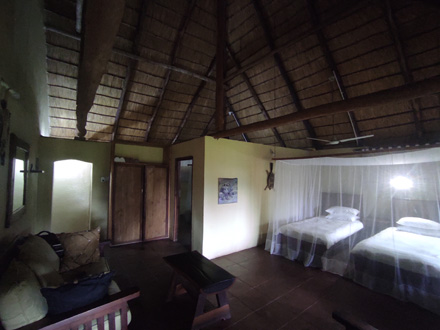
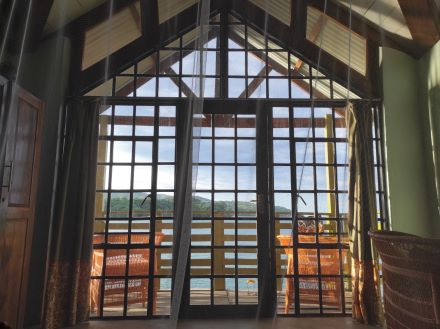
Food
Food stalls in Malawi offered fried Irish potatoes, bananas and plantains as well as a variety of goat/beef innerds. There were also the typical samosas and African donuts, but very few villages had restaurants offering cooked meals. This was probably a blessing in disguise considering the cholera outbreak that has been hovering around the country since late 2022. We cooked a lot ourselves and enjoyed restaurant food at the resorts when that was an option. Main courses cost between 2 and 10€ depending on the location.

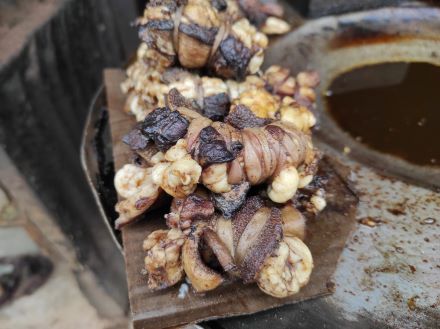
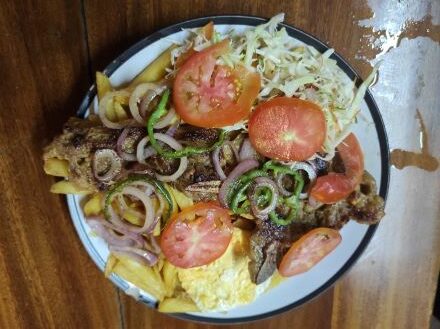
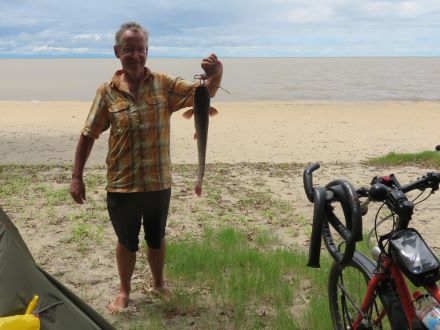
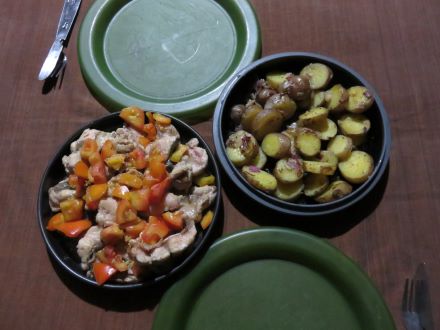
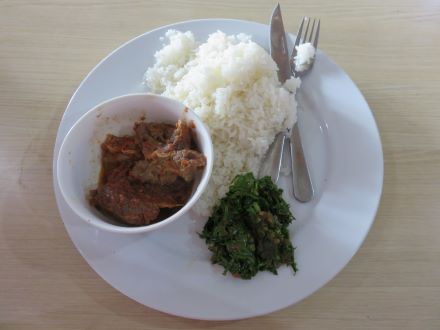
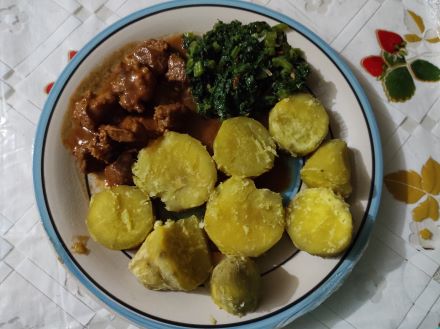
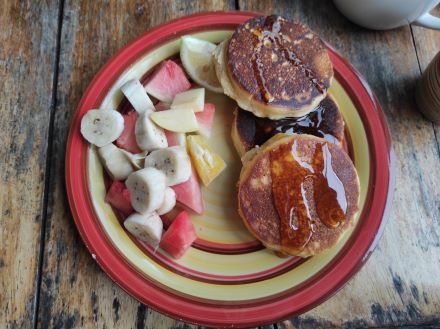
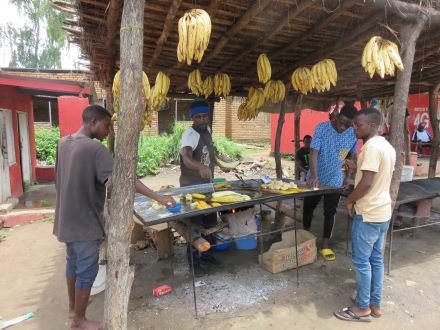
The verdict
Looking back now at the pictures, Malawi appears a paradise. And it could and should be. But despite all efforts, school classes still contain up to 120 kids and maybe even a teacher, if they aren’t queueing up for subsidized maize meal. Local chiefs and politicians are not in the mood to change the system because it works out fine for them, and the villagers lack the education, power and/or fantasy to seek a better life. Kurt found the whole situation a complete emotional drain, while Darina took solace in a few individual success stories.
